Unlock Pure Bliss: Top-Quality D9 Rosin Vapes at Unbeaten Prices
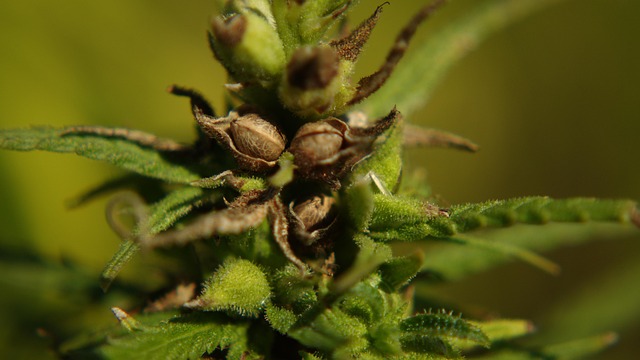
Tired of wondering about the strength of your THC products? Our Delta 9 THC Vape offers you peace of…….
In the ever-evolving realm of cannabis products, a niche yet intriguing segment has emerged, captivating the attention of enthusiasts and industry experts alike: THC rosin, specifically its association with the term “D9.” This article aims to delve into the intricacies of this topic, unraveling the mysteries surrounding THC rosin’s status, its global impact, economic implications, technological innovations, regulatory landscape, and future potential. By exploring these facets, we will provide a comprehensive understanding of why “is THC rosin still D9?” is a pertinent question in the modern cannabis discourse.
What is THC Rosin?
THC rosin, also known as cannabis rosin or hash rosin, is a potent extract derived from the cannabis plant. Unlike traditional cannabis oils or concentrates, THC rosin is produced through a process of pressing fresh, sticky cannabis resin, hence its name. This method extracts not only THC (tetrahydrocannabinol), the primary psychoactive compound, but also other cannabinoids, terpenes, and flavonoids, resulting in a concentrated, viscous substance with distinct characteristics.
D9 Reference:
The term “D9” in this context refers to the iso-form or molecular structure of THC present in the rosin. Tetrahydrocannabinol (THC) can exist in various forms, known as isomers, each with slightly different chemical properties and effects. Delta-9 THC (Δ9-THC), often abbreviated as D9, is the most abundant isomer found naturally in the cannabis plant, contributing to its psychoactive attributes. Therefore, when we ask “is THC rosin still D9,” we inquire about the preservation of this specific delta-9 isomer within the extraction process.
Historical Context:
THC rosin has been a part of cannabis culture for centuries, with ancient methods of preparation used in various regions worldwide. However, its modern surge in popularity can be attributed to advancements in extraction techniques and the growing demand for concentrated cannabis products. The term “rosin” itself is believed to have originated from ancient Middle Eastern cultures, where it referred to a high-quality cannabis resin used for medicinal and ritual purposes.
International Adoption:
THC rosin’s impact extends across borders, with varying levels of acceptance and integration into the global cannabis market. Countries like Canada, Germany, and several states in the United States have embraced THC rosin as a legitimate product, allowing for legal sales and research. For instance, Oregon was among the first US states to legalize the sale of concentrated cannabis products, including THC rosin, setting a precedent for other jurisdictions worldwide.
Regional Variations:
The acceptance and regulation of THC rosin vary significantly across regions:
Market Dynamics:
The global THC rosin market is characterized by rapid growth, driven by factors such as:
Market Size and Growth:
The economic implications of THC rosin are profound, with the global market projected to reach significant values in the coming years. According to a report by Grand View Research, the global cannabis extract market (including THC rosin) is expected to grow at a CAGR of 16.5% from 2022 to 2030, reaching USD 8.7 billion. This growth is attributed to rising legalizations and increasing product innovation.
Investment Patterns:
Impact on Agricultural Economies:
THC rosin production also influences agricultural economies, particularly in regions with robust cannabis farming traditions. Farmers adapt their cultivation practices to cater to the rosin extraction process, leading to:
Extraction Techniques:
The field of THC rosin extraction has witnessed significant technological innovations:
Product Formulations and Delivery Systems:
Analytical Tools:
Advanced analytical techniques play a crucial role in ensuring product quality and safety:
Global Regulatory Landscape:
The regulatory treatment of THC rosin varies widely across jurisdictions:
Key Regulatory Considerations:
International Cooperation:
Despite varying domestic regulations, international cooperation is essential in addressing transnational cannabis trafficking and ensuring the safe movement of legal THC rosin products across borders. Organizations like INTERPOL and UNODC collaborate on policies and initiatives related to drug control, including cannabis-related matters.
Health Concerns:
One of the primary challenges and criticisms faced by THC rosin is associated with health risks:
Legal Uncertainty:
The evolving legal landscape creates challenges for THC rosin businesses:
Environmental Impact:
Criticisms also extend to the environmental implications of cannabis cultivation and extraction:
Case Study 1: Medical Cannabis Program in Israel
Israel’s medical cannabis program provides a compelling example of THC rosin’s successful application. The country has legalized the use of cannabis for various medical conditions, including chronic pain, epilepsy, and anxiety disorders. In this context, THC rosin is produced under strict medical supervision, ensuring high-quality, consistent products for patients. Israeli researchers have also explored the potential of THC rosin in treating post-traumatic stress disorder (PTSD), highlighting its therapeutic benefits.
Case Study 2: Concentrate Market in California
California’s legal cannabis market has seen a surge in demand for concentrated products, including THC rosin. Many licensed producers have capitalized on this trend, offering a diverse range of rosin strains and products. The state’s strict testing and labeling regulations ensure consumer safety and transparency. This case study demonstrates how THC rosin can thrive within a well-regulated legal framework, catering to both medical and recreational users.
Case Study 3: Edible THC Rosin in Europe
In certain European countries with liberal cannabis laws, THC rosin has found its way into the edible market. For example, in the Netherlands, producers create innovative edibles infused with THC rosin, appealing to a broad consumer base. These products are carefully formulated to ensure consistent dosing and are subject to rigorous testing to meet safety standards. This case study highlights the potential for THC rosin to diversify the cannabis product landscape while maintaining regulatory compliance.
Market Growth and Diversification:
The future of THC rosin appears promising, with several growth areas and emerging trends:
Regulatory Harmonization:
Harmonizing regulations across borders could streamline the global cannabis market, particularly for THC rosin:
Sustainability Initiatives:
Addressing environmental concerns will be crucial for the long-term viability of THC rosin:
THC rosin, with its distinct delta-9 isomeric profile, has emerged as a significant player in the global cannabis market. From its historical roots to its modern-day applications and future prospects, this article has explored various facets of “is THC rosin still D9?” The answer lies in the continuous evolution of this industry, where technological advancements, shifting legal landscapes, and consumer demands intertwine. As we move forward, a balanced approach that considers economic opportunities, health concerns, and environmental sustainability will be crucial for shaping the future of THC rosin.
Q: Is THC rosin safe to consume?
A: Like any cannabis product, THC rosin safety depends on responsible use. High-quality rosin with accurate labeling ensures informed consumer choices. However, excessive consumption or misuse may lead to adverse effects, especially in potent forms.
Q: Can THC rosin be used for medical purposes?
A: Yes, THC rosin has shown potential therapeutic benefits, particularly in managing pain, anxiety, and certain neurological disorders. Medical cannabis programs in various countries have legalized the use of THC rosin-based products for specific medical conditions under professional supervision.
Q: How does THC rosin differ from other cannabis concentrates?
A: THC rosin is distinguished by its extraction method, which preserves a wide range of terpenes and cannabinoids naturally present in the plant. This results in a product with distinct flavors, aromas, and potential effects compared to other concentrates like wax or shatter.
Q: Are there any environmental concerns associated with THC rosin production?
A: Like any large-scale agriculture, cannabis cultivation has environmental implications. However, responsible farming practices, sustainable extraction methods, and proper waste management can mitigate these concerns. The industry is increasingly focusing on eco-friendly approaches to address these issues.
Q: Can THC rosin be legal in countries where cannabis is illegal?
A: No, THC rosin cannot be legal in places where cannabis (and thus THC) is classified as a controlled substance or illegal. However, some countries have decriminalized or legalized cannabis for medical or recreational use, allowing for the production and consumption of THC rosin within those frameworks.

Tired of wondering about the strength of your THC products? Our Delta 9 THC Vape offers you peace of…….
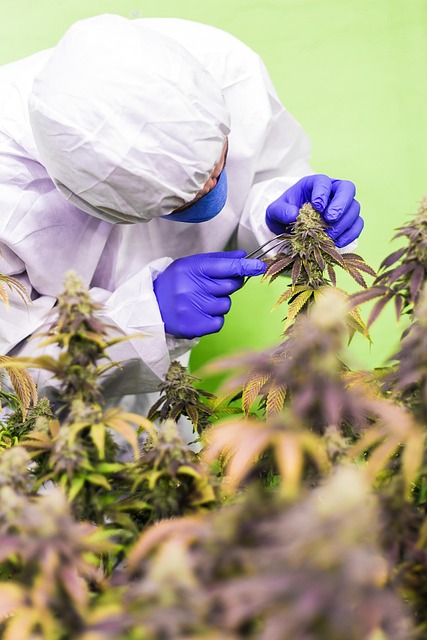
Looking for a premium THCA Rosin experience without breaking the bank? Our exclusive deals ensure yo…….

Tired of the uncertainties and side effects linked to traditional THC products? Our revolutionary CB…….
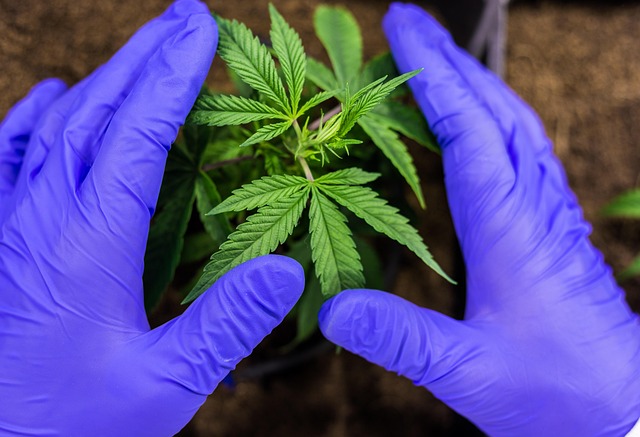
Tired of restless nights? Say goodbye to sleeplessness and hello to deep, restorative sleep with Sle…….
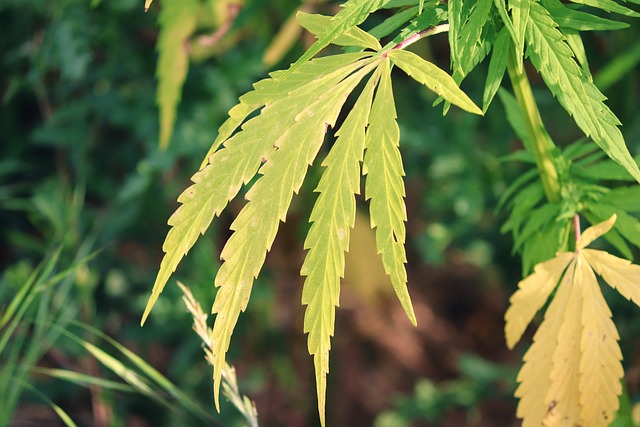
Unlock the power of THC-A Rosin and revolutionize your cannabis business! This cutting-edge extract…….
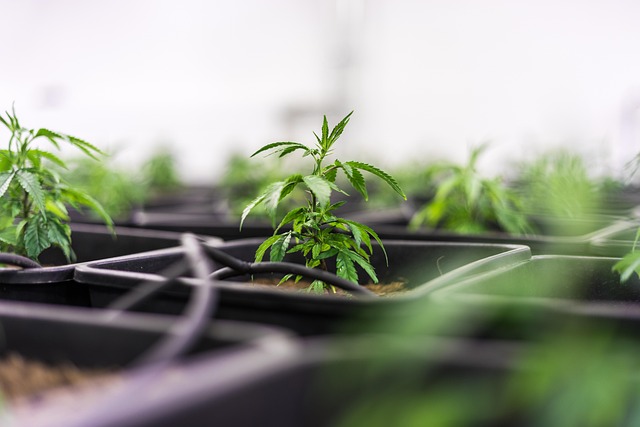
Tired of overspending on traditional D9 THC products? Is THCA Rosin still D9? Yes, but it offers a s…….
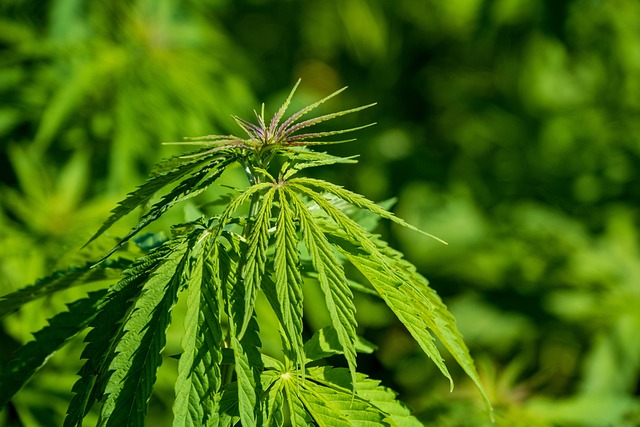
Looking to maximise your CBD investment while ensuring a THC-free experience? Our Pure CBD Tincture…….

Tired of the jittery and anxious feelings associated with traditional THC? Our Delta 8 Oil Drops off…….
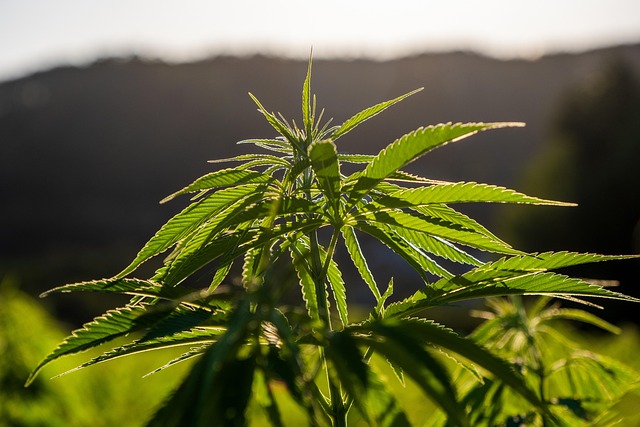
Tired of the side effects and concerns associated with traditional THC products? Our revolutionary C…….